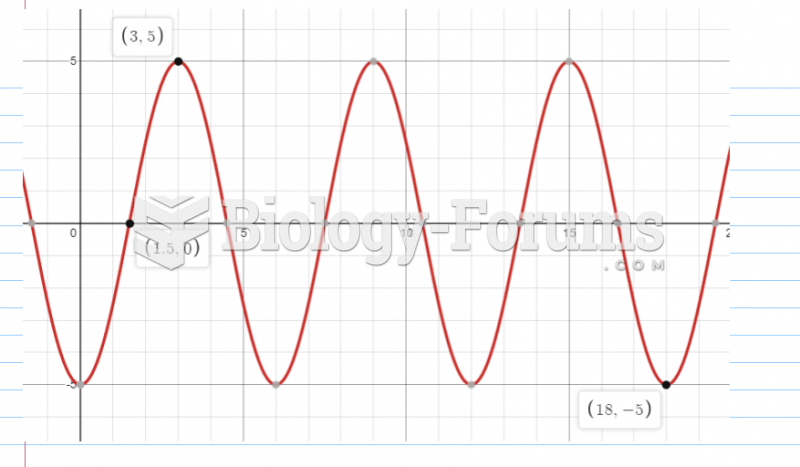This topic contains a solution. Click here to go to the answer
|
|
|
Did you know?
The eye muscles are the most active muscles in the whole body. The external muscles that move the eyes are the strongest muscles in the human body for the job they have to do. They are 100 times more powerful than they need to be.
Did you know?
The immune system needs 9.5 hours of sleep in total darkness to recharge completely.
Did you know?
More than one-third of adult Americans are obese. Diseases that kill the largest number of people annually, such as heart disease, cancer, diabetes, stroke, and hypertension, can be attributed to diet.
Did you know?
The average adult has about 21 square feet of skin.
Did you know?
There are approximately 3 million unintended pregnancies in the United States each year.







